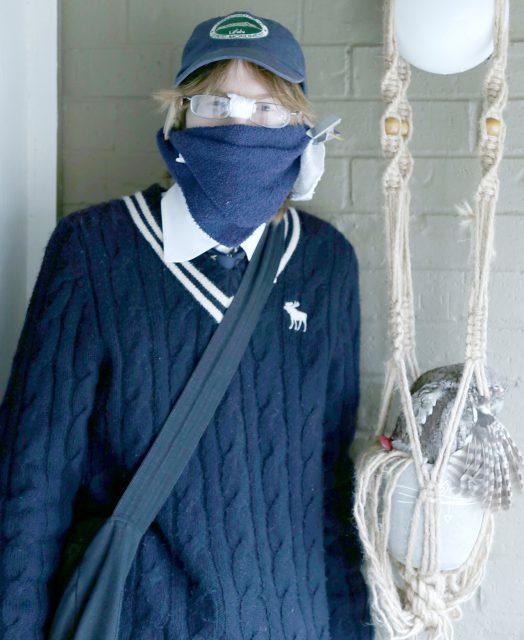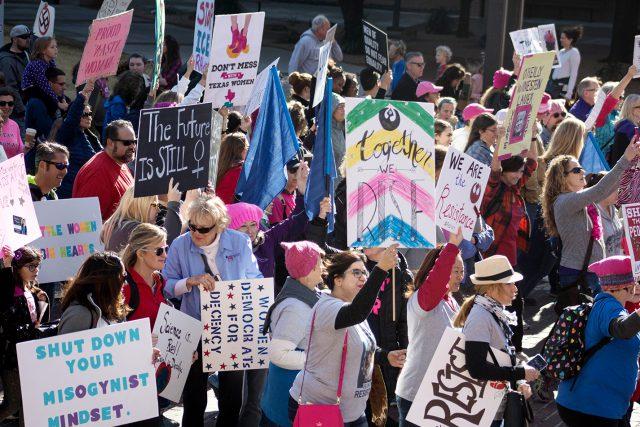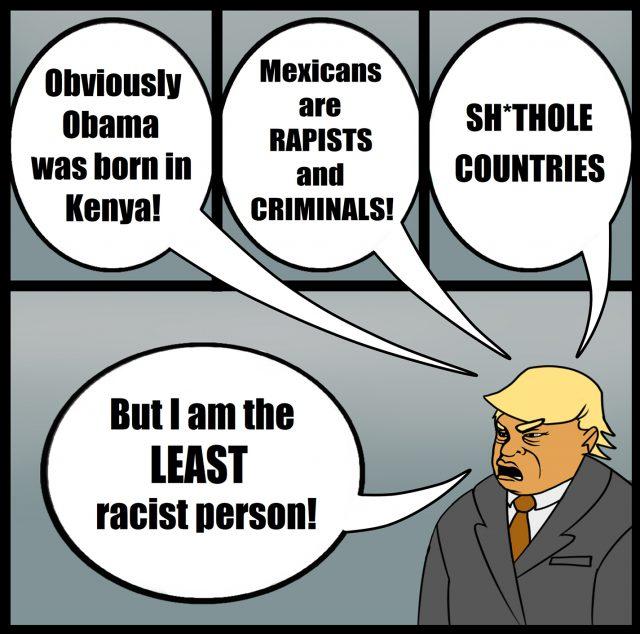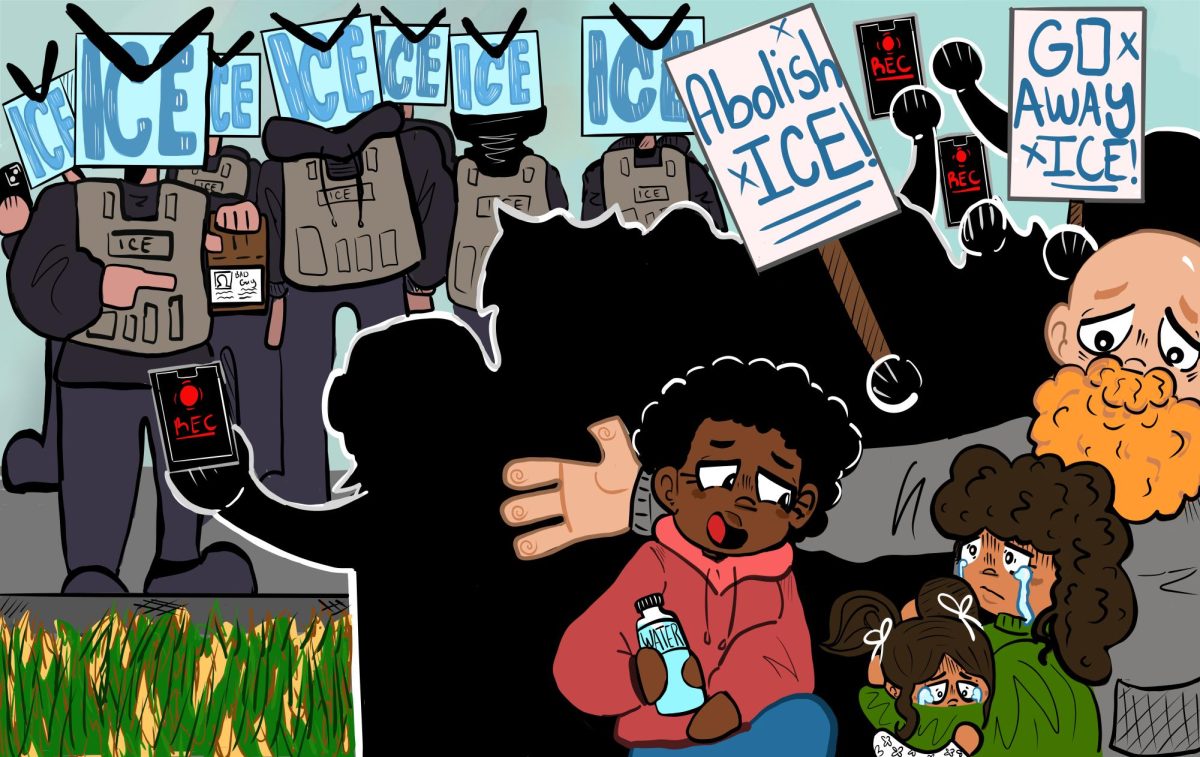By Jamil Oakford/managing editor
The year started off rocky for one of the biggest social media platforms, YouTube. One of its biggest content creators, Logan Paul, uploaded a video to his channel depicting a dead body he came across in Japan’s notorious “suicide forest.”
In the video, he intended to enter the Aokigahara forest for the sole purpose of finding ghosts but was surprised to find a dead body hanging from a tree. Paul decided to not edit out the corpse they found, edit the thumbnail so the dead body could be seen as a tease to the video and then uploaded it to the site. Viewers were outraged.
As the initial wave of anger dissipated, people were more concerned with the lack of response from YouTube than they were with Paul.
The platform administrators didn’t forcibly remove Paul’s video. In fact, YouTube let the video sit on its trending list for hours. Paul finally removed the video after he saw the backlash on social media.
But he didn’t face any repercussions from the social media company until 11 days after the incident. To critics, it seemed YouTube was playing favorites considering how much money Paul’s channel generates and how involved he is in YouTube Red productions.
YouTube should have been far more proactive about this.
Just like Facebook and Twitter, YouTube has community guidelines. If someone violates them, they have every right to take action accordingly. Most of these platforms have taken a hands-off approach in dealing with fake news, the resurgence of racial supremacy and the ugly actions of content creators and influencers. Facebook recently announced new steps to develop an algorithm to help thwart fake news, but this is the bare minimum it can do.
Since these platforms often seem to think their hands are tied in situations like these, it’s up to us, the consumers, to hold these offenders accountable. Paul’s video reached more than 6 million views and hundreds of thousands of “likes.” That’s on us.
After all, we hold the true power. If fewer of us view an offensive video, less ad revenue will be generated. The more accountability we hold them to, the more mindful they will have to be toward content.
Our humanity shouldn’t be determined by some 22-year-old with a camera and a YouTube account.





























